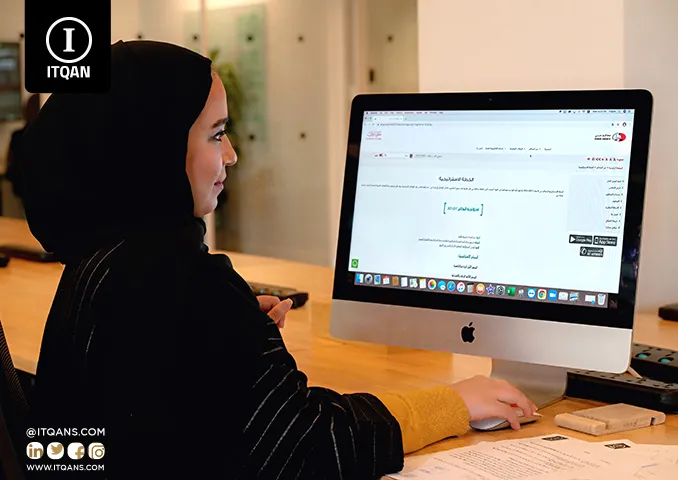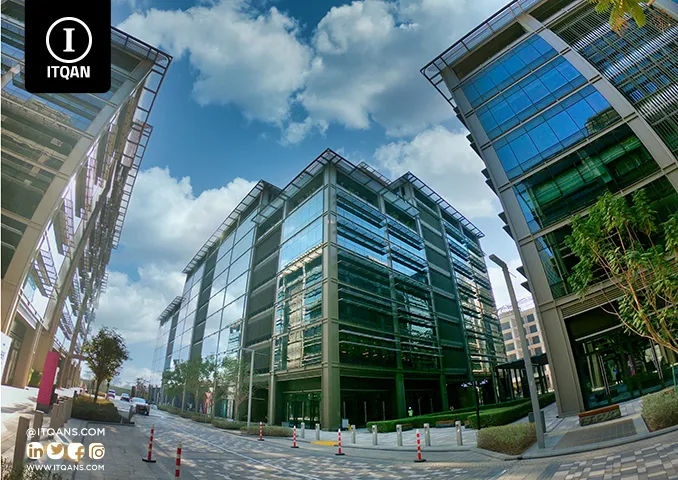Business Setup UAE: A Complete Guide for Entrepreneurs
Starting a business in the UAE is an exciting opportunity for entrepreneurs looking to tap into one of the most dynamic markets in the world. With its strategic location, tax-friendly policies, and modern infrastructure, the UAE provides a solid foundation for business success. Whether you’re considering business setup in free zones or on the mainland, having a clear understanding of the process is essential for a smooth launch.
Why Choose the UAE for Business Setup?
The UAE is consistently ranked as one of the best places for entrepreneurship. Here are some of the key reasons why:
- Zero Income Tax: Most businesses enjoy 100% tax exemption on income and profits.
- Strategic Global Location: Situated between Europe, Asia, and Africa, the UAE is ideal for global trade.
- World-Class Infrastructure: The country boasts excellent transport links, modern facilities, and tech advancements.
- Free Zones: Over 40 free zones across the UAE offer benefits like 100% foreign ownership, zero customs duties, and more.
For more details, visit the official UAE Government Portal.
Key Steps for Business Setup in UAE
To ensure a successful business setup in the UAE, it’s important to follow these steps:
1. Choose the Right Business Activity
Your business activity determines the type of license you’ll need and the location options available. From trading to consulting to manufacturing, each activity has specific requirements. Ensure you align your choice with your long-term business goals.
2. Select a Free Zone or Mainland
Decide whether to establish your business in a UAE free zone or on the mainland:
- Free Zones: Ideal for international businesses, free zones offer 100% foreign ownership, tax exemptions, and streamlined setup processes. Popular zones include Dubai Multi Commodities Centre (DMCC) and Jebel Ali Free Zone (JAFZA).
- Mainland: Perfect for businesses targeting the local UAE market, mainland setups require partnering with a local sponsor or following the updated 100% ownership rules for certain industries.
For a deeper look, check out our guide on best free zones in the UAE for business setup.
3. Reserve a Business Name
Your business name must comply with UAE naming rules. Avoid names that include offensive language or reference religious or political groups. Once approved, you can secure your trade name with the relevant authorities.
4. Obtain the Necessary Business License
Licenses in the UAE are issued based on business activity and jurisdiction. The main types include:
- Commercial License: For trading activities.
- Professional License: For consultancy or service-based businesses.
- Industrial License: For manufacturing or production activities.
Each license type has specific requirements, so it’s best to consult with a business setup expert or a legal advisor.
5. Set Up Your Office Space
Every business needs a physical address in the UAE, which could be within a free zone business center or a mainland office. Free zones often offer shared workspaces that are cost-effective for startups.
6. Register Your Company
Once all documents are prepared, register your company with the appropriate government authorities. Free zones have their own administrative bodies, while mainland businesses must register with the Department of Economic Development (DED).
7. Open a UAE Bank Account
Having a corporate bank account is crucial for business transactions. Choose a reliable bank that can cater to your business needs and offers flexibility for international payments. Popular choices include Emirates NBD, ADCB, and HSBC.
8. Process Visa Applications
To legally live and work in the UAE, you’ll need a residency visa. Free zones often include visa services in their packages, making it easier for business owners and employees to get started.
Benefits of Free Zone Business Setup in UAE
Free zones play a major role in attracting foreign investors and entrepreneurs. Key advantages include:
- 100% Foreign Ownership: No need for a local partner or sponsor.
- Tax Advantages: Zero corporate and personal income taxes.
- Customs Duty Exemptions: Enjoy reduced costs on imports and exports.
- Business Support: Free zones often provide one-stop-shop services for licensing, visas, and banking.
Choosing the right free zone depends on your industry, activity, and target market. For example, the Dubai Internet City specializes in IT businesses, while the Sharjah Media City caters to media and production companies.
Costs of Starting a Business in UAE
The cost of setting up a business in the UAE varies based on factors like jurisdiction, office space, and licensing requirements. Here’s a rough estimate:
- Free Zone License: AED 10,000–50,000 annually, depending on the free zone and activity.
- Office Space: Shared workspaces start at AED 5,000 annually, while private offices can exceed AED 50,000.
- Visa Fees: AED 3,000–5,000 per person.
It’s important to account for additional costs like insurance, certifications, and professional services.
Common Challenges and How to Overcome Them
Every new business faces challenges, and the UAE is no exception. Here are a few common obstacles and tips to navigate them:
- Regulatory Compliance: Stay updated with UAE business laws to avoid penalties.
- Finding the Right Location: Research free zones and mainland benefits to choose the best fit.
- Banking Processes: UAE bank account procedures can be stringent—be prepared with all required documents.
Consulting with a business advisor is highly recommended to streamline the process.
Conclusion
Setting up a business in the UAE offers unparalleled opportunities thanks to its investor-friendly policies, strategic location, and free zone benefits. By following the steps outlined in this guide, entrepreneurs can position themselves for success in this thriving market.
Want to learn more about free zone benefits? Check our detailed guide on Best Free Zones in UAE for Business Setup.







